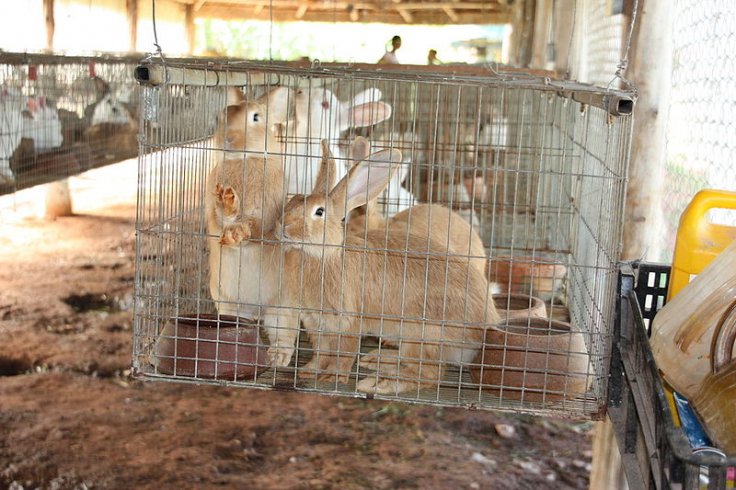Nelson Aguilar used to sell the rabbits that he raises on his Havana rooftop to restaurants. Now, with an ongoing pandemic, the 70-year-old uses them as currency, exchanging them for food or detergent to avoid multi-hour queues at poorly stocked shops.
He's not alone. More Cubans are turning to barter to meet their shopping needs, be it in person or on social media groups, as the novel coronavirus crisis worsens existing shortages of basic goods in the Communist-run island. "Since they closed all the restaurants ... I now raise them to eat and to exchange," Aguilar said, in front of row after row of caged white rabbits. "I exchanged rabbit for detergent or example, because I don't like these queues," he said, adding, "So far, I haven't done even one (queue)."
Worsened Economy

Shoppers had already faced long lines for some staple goods over the last year-and-a-half as Cuba's economic situation worsened with the implosion of ally Venezuela and amid tougher US sanctions under President Donald Trump. Now, the pandemic has halted tourism, slowed remittances and raised shipping costs, plunging Cuba into its worst economic crisis since the fall of its former benefactor, the Soviet Union, in the 1990s.
Cubans are not new to bartering. During the patronage of the Soviet Union, Cubans would swap local rum for Soviet tinned products from merchant sailors. And during the 1990s depression, farmers exchanged fruit and vegetables for city dwellers' manufactured goods. While the government, which appears to have contained the country's virus outbreak, has added more items to Cubans' ration cards, this still does not cover all their needs.
First in Line
Some Cubans, clad in face masks to curb the spread of the coronavirus, camp out overnight in front of shops to be first in line when they open. Others buy on the state retail monopoly's new website whenever items appear, but it is often empty.
"Given money is of no use at the moment, I'm going to put in practice barter - I have 100-liter black bin bags, toilet paper and potatoes in exchange for milk and flour," a participant wrote on a WhatsApp group originally meant for selling items.
Lenin Damián, who raises chickens and rabbits on his rooftop just east of Havana, usually keeps them for his own family. But these days, he uses them in barter swaps with his neighbors. "Here, there are people who buy oil but they can't get meat," he said. "So instead of buying (oil) in the shop, I barter it for rabbit meat."








